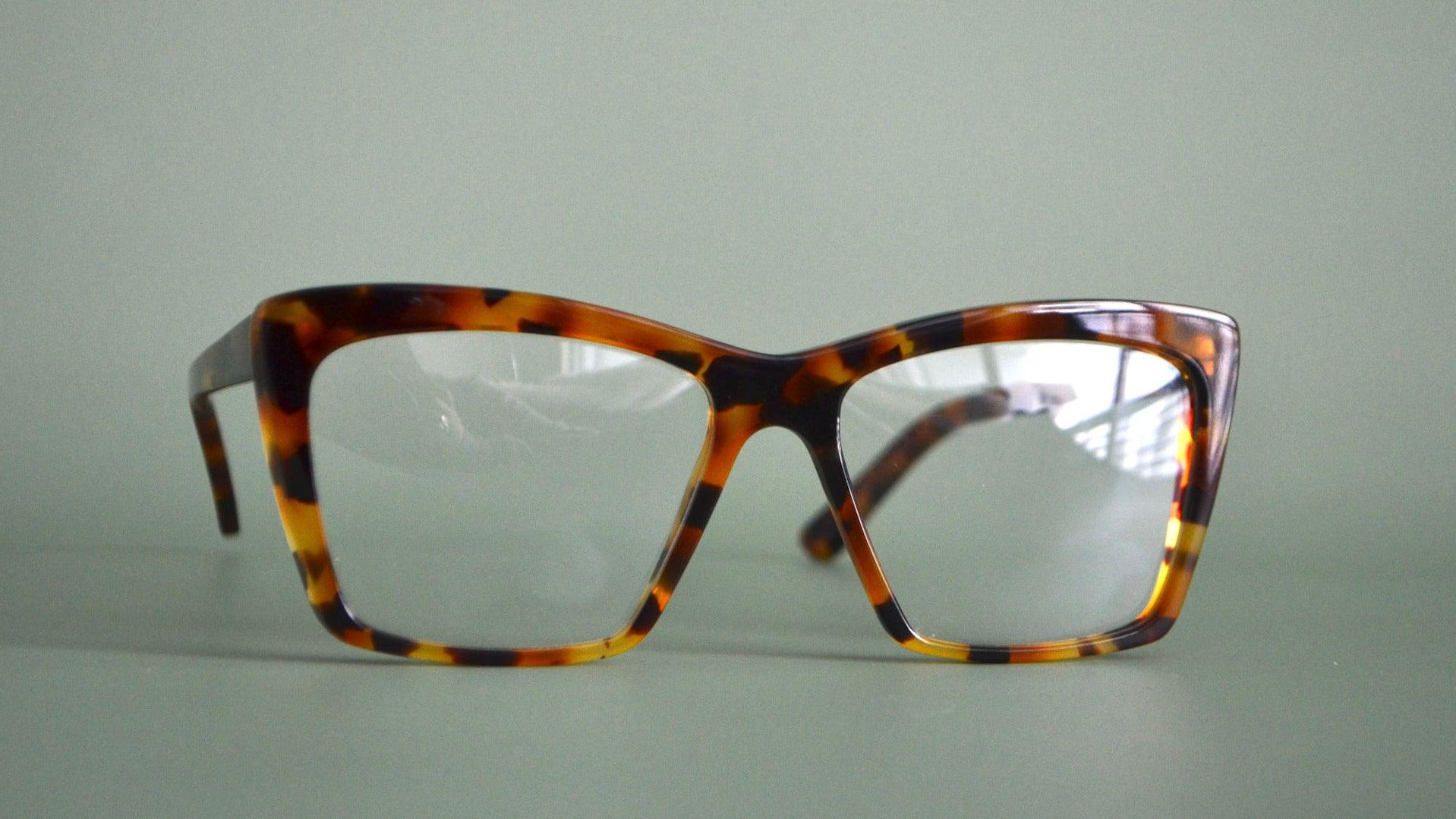
What Are Prisms in Eyeglasses?
In the world of eyewear, it can be confusing to learn about all the different types of lenses available. From single-vision to progressive and even bifocal, there are lenses for many vision problems. Today, we’ll be talking about what prisms in eyeglasses are, how they work, what they can do for people with double vision, and the benefits they offer.
What are prisms in eyeglasses?
Prisms are wedge or triangle-shaped lenses that are made of plastic and glass. These lenses change the direction of light rays that enter and exit the eyeglasses, which allows that images formed in the same area of the retina in both the left and right eyes.
Despite their name, prism lenses actually have no focusing power. This means that they cannot correct refractive errors like nearsightedness or farsightedness. So what exactly are they used for?
When are prism lenses prescribed?
Prism lenses are meant for patients who have binocular vision difficulties and double vision.
What Is Double Vision?
Double vision, which is also called diplopia, is a condition that causes individuals to see two of everything. These two images may be above or below each other, beside each other, tilted, or any combination of these.
This happens when the eyeball’s muscles don’t work as they should. As a result, your eyes don’t move as a pair, and they become misaligned, causing you to see double. Double vision makes it difficult to do everyday tasks like reading or judging distances. Neurological problems, including migraines, head injuries, multiple sclerosis, or stroke can also cause diplopia.
How prism glasses work
Prism glasses work to restore proper vision by refracting light so that it enters the eye correctly. These lenses ensure that both your eyes have matching light refraction so that your brain will not perceive the images as double.
Prisms in eyeglasses are primarily designed to correct double vision, but they can also be used to treat other problems, such as eye strain and fatigue, visual field loss, poor depth perception, headaches, and some neurological problems.
Benefits of prism glasses
There are several benefits to wearing prism glasses. Here are just a few of them:
- Correction of double vision
- Increased comfort
- Reduced stress levels
- Increased duration for tasks that require visual acuity
Do I need prism glasses?

If you are unsure as to whether you’re seeing double, then it might be time for an eye exam with an optometrist. A check-up can help you determine if you need prescription glasses with prism lenses.
You may need prism glasses if you experience these symptoms:
- Double vision
- Pain around your eyes
- Unsteady gait
- Headaches
- Dizziness
- Lightheadedness
- Nausea
- Droopy eyelids
- Neck, back, or shoulder pain
If you find that you have some or most of these symptoms, particularly double vision, then it is best to get your eyes checked by a professional.
The Bottom Line
Double vision can be debilitating, but thanks to prism lenses, you don’t have to see double any longer. Treatment with prism lenses is possible and can restore your vision and improve your quality of life.









Leave a comment
This site is protected by hCaptcha and the hCaptcha Privacy Policy and Terms of Service apply.